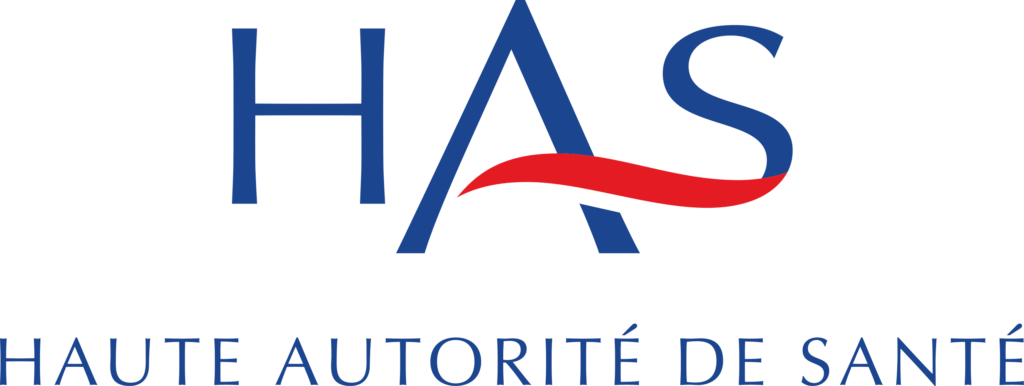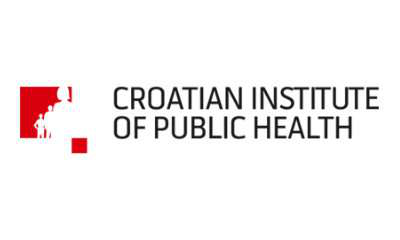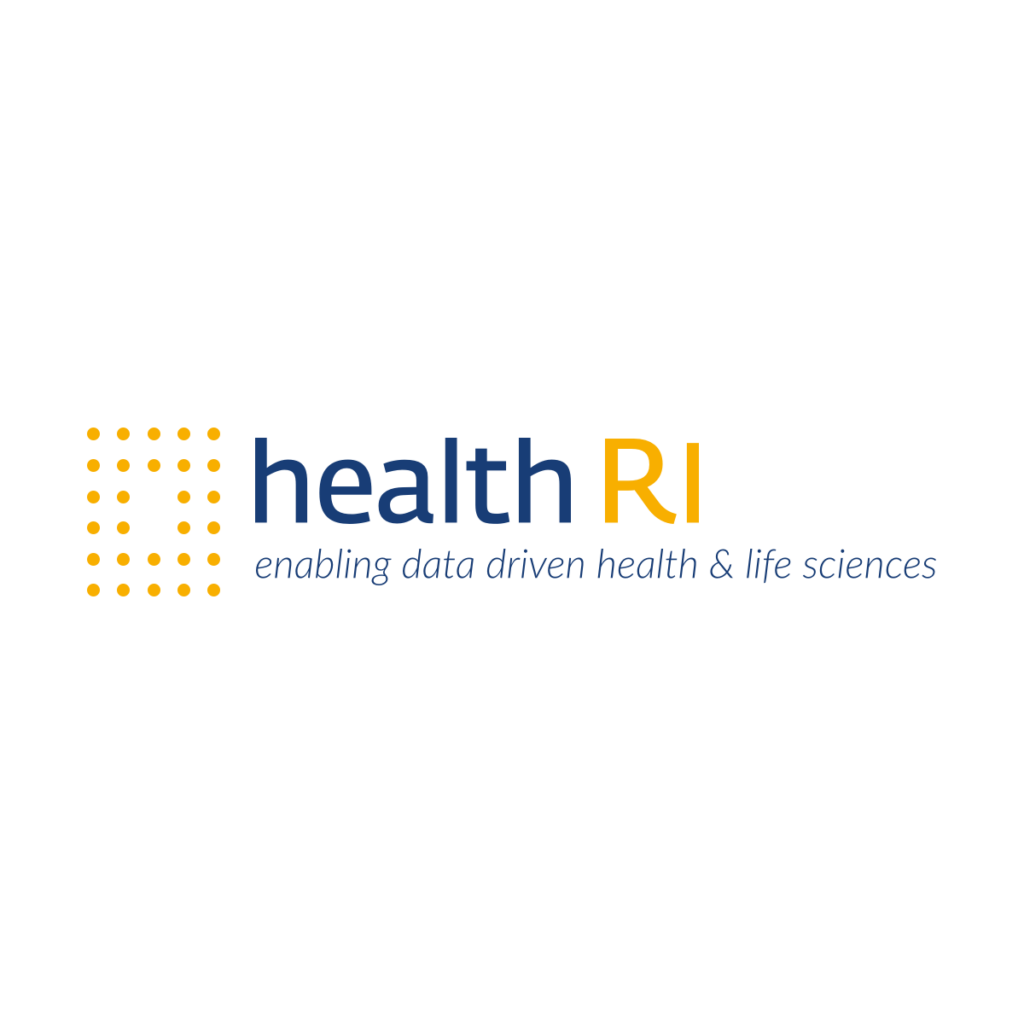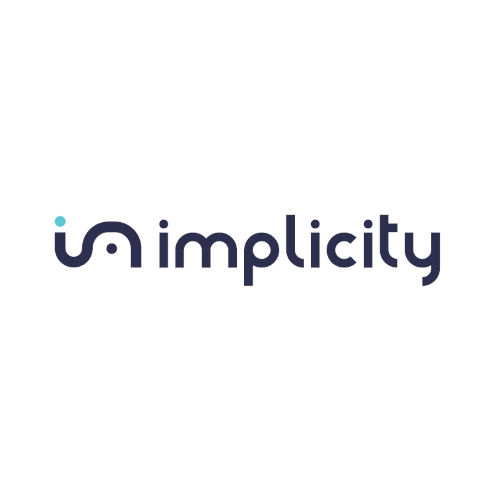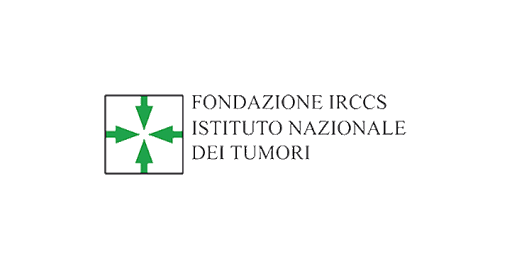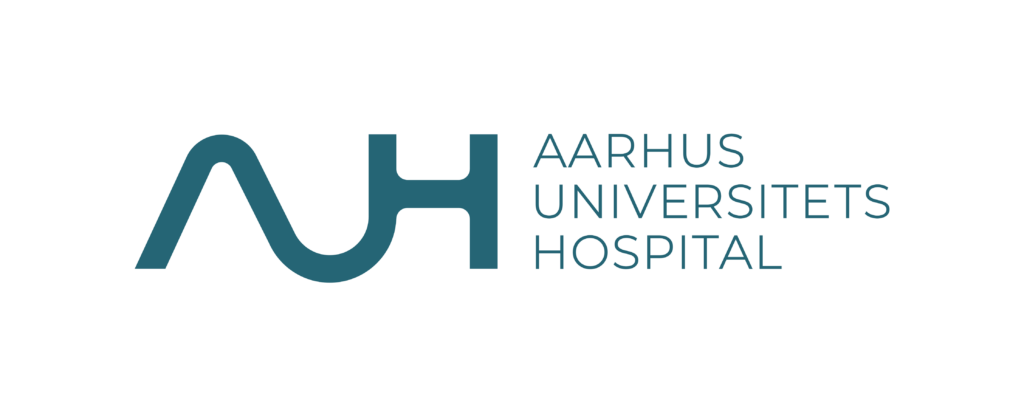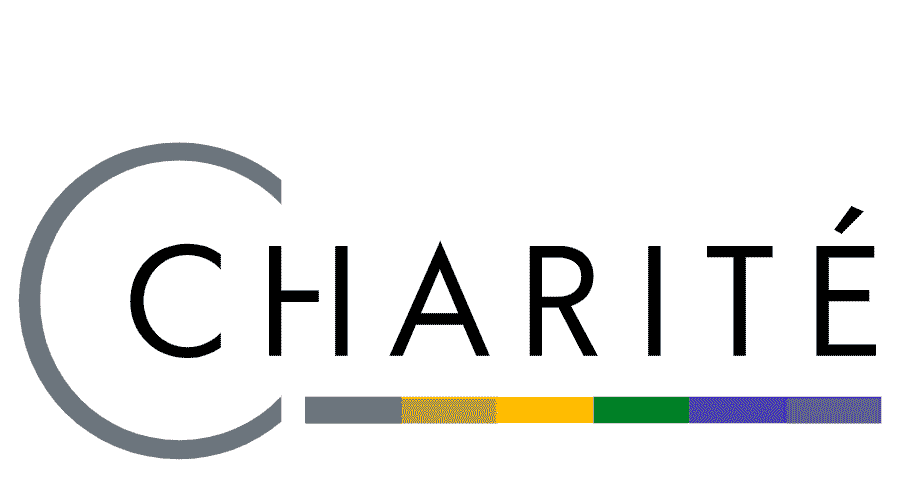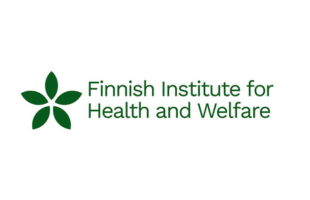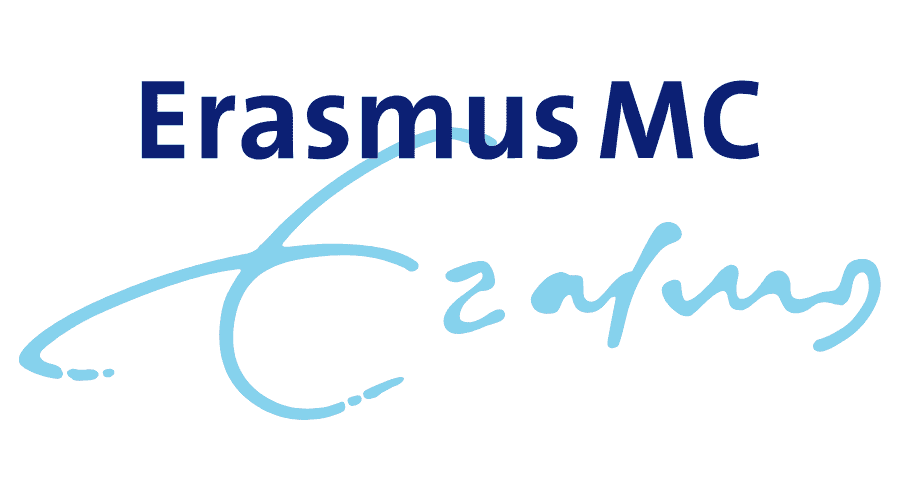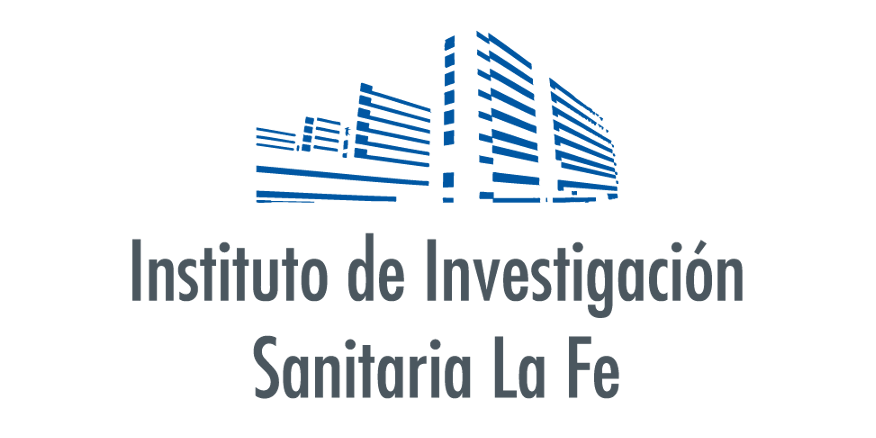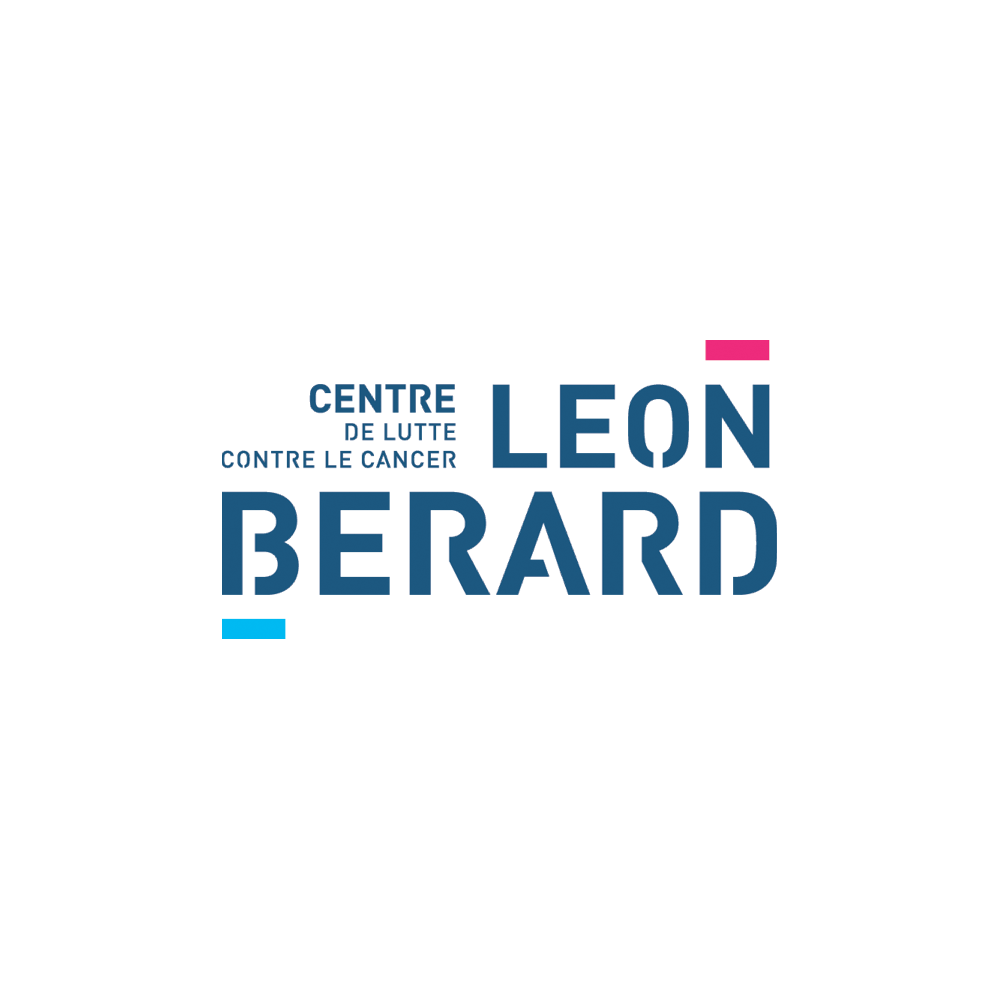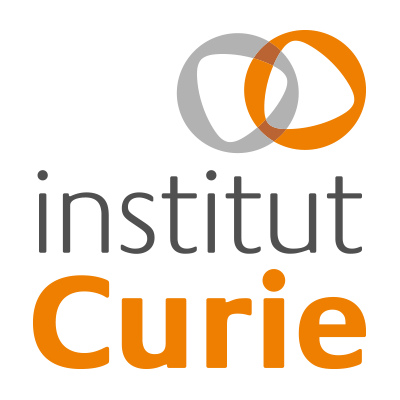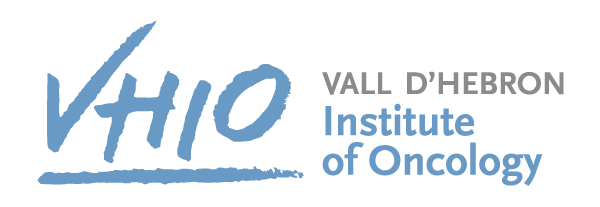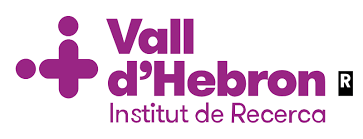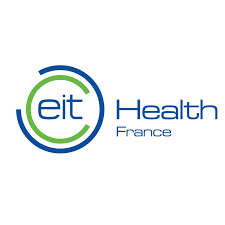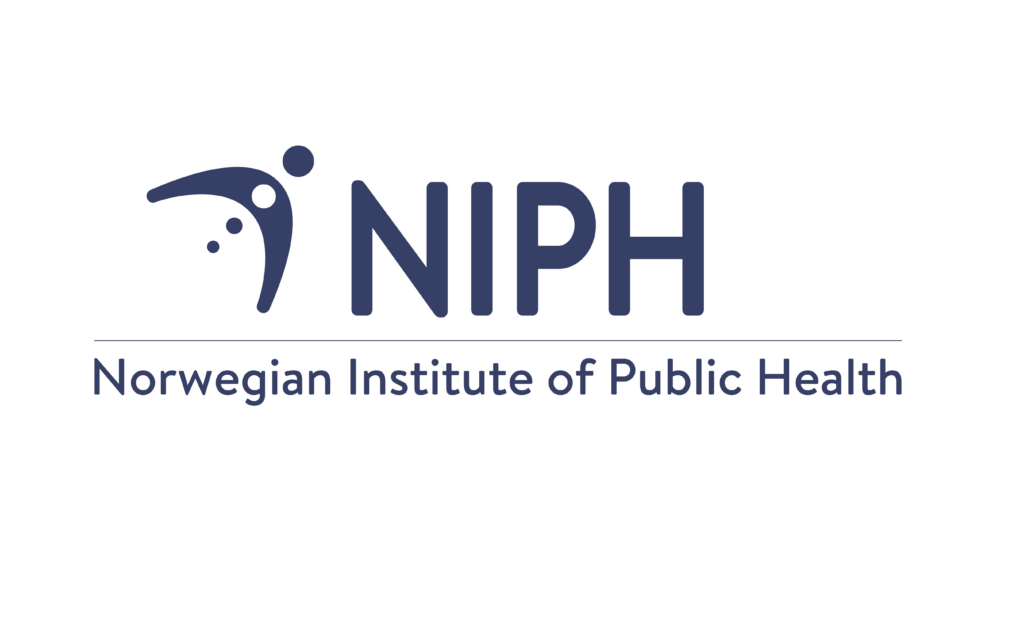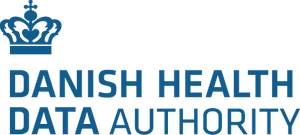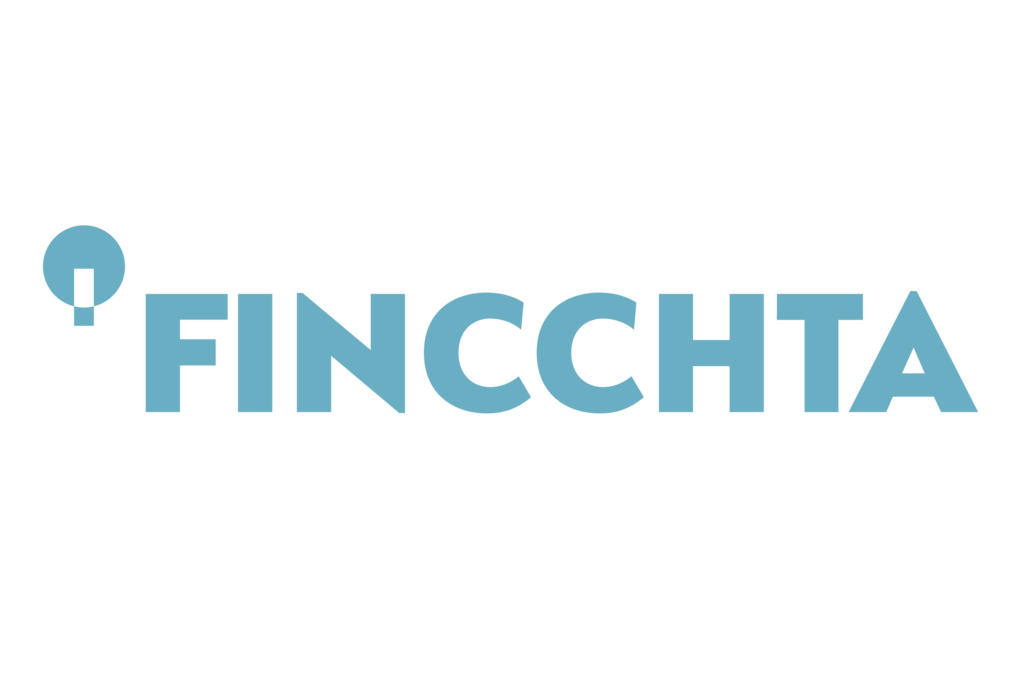Map of Partners
Lisbon / Portugal
- Associação ISCTE Conhecimento e Inovação - Centro de Investigação e Estudos de Sociologia
Madrid / Spain
- Fundación para la Investigación del Hospital Universitario La Paz (IdiPAZ)
- Ministerio de Sanidad
Valencia / Spain
- Universitat Politècnica de València
Barcelona / Spain
- Fundació Privada Institut d'Investigació Oncològica Vall d'Hebron (VHIO)
- Fundació Hospital Universitari Vall d'Hebron - Institut de Recerca Vall d'Hebron (VHIR)
Zaragoza / Spain
- Instituto Aragonés de Ciencias de la Salud (IACS)
Lyon / France
- Centre Léon Bérard
Paris / France
- Plateforme des Données de Santé (Health Data Hub)
- Ministère de la Santé et de la Prévention
- Implicity
- Institut Curie
- Institut National de la Santé et de la Recherche Médicale (Inserm)
- EIT Health CLC France
La Plaine Saint Denis / France
- Haute Autorité de Santé (High Authority for Health)
Brussels / Belgium
- Sciensano
- Health Data Agency
Rotterdam / Netherlands
- Erasmus Universitair Medisch Centrum Rotterdam
Utrecht / Netherlands
- Stichting Health-RI
Bonn/Cologne / Germany
- Bundesinstitut für Arzneimittel und Medizinprodukte (BfArM)
Berlin / Germany
- Charité - Universitätsmedizin Berlin
Milan / Italy
- Università Cattolica del Sacro Cuore
- Fondazione IRCCS Istituto Nazionale dei Tumori
Rome / Italy
- Università Cattolica del Sacro Cuore
Zagreb / Croatia
- Hrvatski Zavod za Javno Zdravstvo (Croatian Institute of Public Health)
Aarhus / Denmark
- Aarhus Universitetshospital
Copenhagen / Denmark
- Sundhedsdatastyrelsen (Danish Health Data Authority)
Oslo / Norway
- Folkehelseinstituttet (Norwegian Institute of Public Health)
Helsinki / Finland
- Terveyden ja Hyvinvoinnin Laitos (Finnish Institute for Health and Welfare)
- Lääkealan Turvallisuus- ja Kehittämiskeskus (Finnish Medicines Agency, Fimea)
- Lääkealan Turvallisuus- ja Kehittämiskeskus (Finnish Medicines Agency, Fimea)
Oulu / Finland
- Pohjois-Pohjanmaan Hyvinvointialue
Project Coordinator & Affiliated Entities
SHAIPED brings together a robust network of over 30 partners, including health authorities, research institutions, and public health organizations from across Europe. These partnerships allow SHAIPED to integrate diverse perspectives and expertise to advance AI in healthcare.
The French HDH
As project coordinator (WP1 Lead), the HDH is responsible for the overall coordination and strategic oversight of the project, in close coordination with work package leaders and use case leaders. HDH is involved in multiple EU-funded or co-funded projects, as project coordinator, WP leader or beneficiary. As far as the experience in supporting AI projects is concerned, the Health Data Hub supports close to 50 projects involving artificial intelligence and is therefore already mature in terms of its service offering to start-ups and other innovators. HDH is in close contact with the innovation community but also the regulatory actors at the French and European level. Last but not least, the HDH is part of the TEF-Health project, enabling swift alignment with activities undertaken within that related initiative. As the WP5 Lead for „Use Case Management“, HDH will work closely with partners to leverage mature use cases, facilitating rigorous testing and refinement of existing pathways, and supporting collective capacity building at the HDAB level.
Haute Autorité en Santé (HAS)
The French High Authority for Health is an independent, public and scientific advisory body which purpose is to advance quality in the health system and social care.
Partners / Beneficiaries
HDAB or HDAB like
SHAIPED brings together a robust network of over 30 partners, including health authorities, research institutions, and public health organizations from across Europe. These partnerships allow SHAIPED to integrate diverse perspectives and expertise to advance AI in healthcare.
Bundesinstitut für Arzneimittel und Medizinprodukte (BfArM - HDL)
The Health Data Lab (HDL is an executive department of the Federal Institute for Drugs and Medical. Devices (BfArM), Germany. It is currently under construction, but once operational, it will contain health claims data of all people in Germany with statutory health insurance (> 70 million people). In the future, it will also maintain voluntarily shared data from electronic patient records. The purpose of the HDL is to review data applications, minimise the re-identification risk and provide secure data access to legally determined beneficiaries such as researchers or public institutions aiming to improve the healthcare system.
Sciensano
Sciensano is a federal research institute, that operates under the authority of the federal minister of Public Health and the federal minister of Agriculture of Belgium and is the scientific reference in the field of public health in Belgium. Its EU health information system (HIS) unit aims to strengthen health information systems by innovating and pioneering in data technologies for the secondary use of health information for research evidence informed policies. Within the project, Sciensano is WP3 Lead (“Identification of pathways for supporting AI development and testing”) and and oversees the mapping of HDAB tools and services as well as capacity-building activities.
The Croatian Institute of Public Health (CIPH)
The Croatian Institute of Public Health is a central public health institute in the Republic of Croatia. CIPH`s main tasks are to plan, promote, and implement measures for the enhancement of population health and reduction of health problems. CIPH provides consultation to the Ministry of Health on all matters pertinent to public health policy and health priorities, coordinates the work of all Epidemiology Services throughout the country, acts as scientific advisory service, and with its National Reference Laboratories, supports the Ministry of Health in risk management. CIPH is working on establishment of the Croatian health data access body as CIPH is responsible for National Public Health Information System (NAJS), is overseeing the work of the network of public health institutes. Within the project, the Croatian Institute of Public Health is a WP2 lead (“ Communication and stakeholder engagement” ) and leads all tasks whithin that work package.
Università Cattolica del Sacro Cuore (UCSC)
The Università Cattolica del Sacro Cuore works on research topics across the new frontiers of economics, bioethics, developments in the judicial fields, family dynamics, major mass phenomena, the evolution of political systems, new horizons in medicine, health system sustainability, the technological applications of physics and mathematics, and the most recent discoveries in environmental research and Artificial Intelligence applied to different disciplines. The School of Medicine is at present a world-class training ground for future leaders in medical research and practice – including every modern medical discipline as well as some of the most respected medical scholars all over the world – public health, and biomedical science. Within the project, Università Cattolica del Sacro Cuore leads tasks focused on conducting a detailed legal analysis of the EHDS, AI Act, MDR, and other relevant legislation, as well as providing regulatory and legal support.
IACS
The Institute for Health Sciences in Aragon (IACS) is the entity that promotes research, innovation and knowledge brokering in biomedicine and health sciences for the Aragon Regional Health System. IACS supports stable research and innovation groups in the areas of clinical and translational medical research, biomedicine, public health, health systems and policy research. The IACS Biocomputing Unit combines two major activities and services: medical informatics and bioinformatics. IACS leads medical informatics research projects devoted to secondary use of health data and the IACS Data Science for Health Services and Policy Research leads cutting-edge national and international observational studies based on the reuse of real world data. Within the project, IACS leads tasks focused on the AI medical device product lifecycle and the reimbursement pathway
Health-RI
Health-RI is the Dutch non-profit foundation supporting a public private partnership of organizations with the aim to realize a national health-data infrastructure. Their mission is to build an integrated health data research infrastructure accessible for researchers, citizens and care providers. Health-RI has expertise in optimizing the conditions (including ethical, societal, legal aspects) for building and maintaining a national health data infrastructure; the required building blocks (data portal, FAIR data platforms, federated access) of a health data infrastructure and providing mature services, such as supporting researchers and data managers by making infrastructure services, tools and data easy to locate, access and use.
Health Data Agency (BHDA)
The HDA is an organization that takes up the role of governance as a Belgian Health Data Access Body under the EHDS: first point of contact for Europe, facilitation and coordination body,access to quality health (care) data, provision of an environment for synthetic data management.
Innovator and/or data holder
SHAIPED brings together a robust network of over 30 partners, including health authorities, research institutions, and public health organizations from across Europe. These partnerships allow SHAIPED to integrate diverse perspectives and expertise to advance AI in healthcare.
Implicity
IMPLICITY is driven by a mission to democratise remote cardiac monitoring and spearhead digital innovation in cardiology. They have also expanded globally, serving clients in various countries. What sets them apart is their unparalleled access to continuous, high-quality data from over 100,000 patient cardiac implantable electrical devices. This data fuels AI and data analytics capabilities, positioning them for breakthroughs in Heart Failure solutions, domains in which they have specialised through intensive research and clinical partnerships. Within the project, Implicity leads the task focused on leveraging nationwide datasets and HDAB resources to validate the performance of a remote cardiac implant monitoring solution, aiming to secure reimbursement pathways in France and Germany.
Fondazione IRCCS Istituto Nazionale dei Tumori (Tumor Institute Milan)
The Fondazione IRCCS “Istituto Nazionale dei Tumori” (INT) is a government-designated national centre for treatment and research (IRCCS — “Istituto di Ricovero e Cura a Carattere Scientifico”). Currently, it is recognized as a leading cancer centre in Italy and Europe. INT is a comprehensive cancer center whose activities range from epidemiology to cancer diagnosis, treatment, rehabilitation and palliative care, including innovative therapies and prevention strategies, with experimental and clinical units being located in the same or nearby buildings, thus favoring their daily interaction.
Aarhus University Hospital (Aarhus UH)
Aarhus University Hospital (AUH) is a public hospital which provides highly specialized treatment, together with research and education at an international standard. AUH covers all clinical expertise with its 41 clinical departments. AUH is a member of 19 European Reference Networks and has been successfully involved in more than 26 collaborative EU projects in recent years. AUH is a member of the European University Hospital Alliance (EUHA). In close collaboration with Aarhus University and many co-researchers between the two institutions about 3000 publications are produced yearly across all clinical expertises. Within the project, Aarhus University Hospital leads the task of training an innovative model to predict chronic kidney disease using nationwide data from three different countries.
Charité Universitätsmedizin Berlin (Charité)
CHARITE, one of Europe’s largest university hospitals, is leading the development of large-scale cloud solutions for sensitive data, including the EOSC project Virtual Brain Cloud, the infrastructure project eBRAIN-Health and teh Testing and Experimentation Facility for Health AI and Robotics (TEF-Health) in the Digital Europe Program. Within the project, Charité Universitätsmedizin Berlin leads the task of benchmarking the certification process.
Terveyden ja hyvinvoinnin laitos - Finnish Institute for Health and Welfare (THL)
The Finnish Institute for Health and Welfare (THL) is an independent R&D agency operating under the Ministry of Social Affairs and Health to promote health and population well-being. THL undertakes research nationally and internationally on a broad range of topics around social welfare and health. THL is the national authority responsible for steering, management and processing of digital client data in health and social care, as well as promoting interoperability and versatile utilization of information assets. THL maintains and develops statistical and register resources in its domain, being a preferred partner in international research networks and the focal point in health statistics for the EU, OECD and WHO. Within the project, THL is WP4 Lead (“Elaboration of pathways for AI medical device deployment”) and and oversees post-market surveillance and vigilance pathway development.
Finnish Medicines Agency (Fimea)
The Finnish Medicines Agency, Fimea is the national competent authority for regulating pharmaceuticals. As a central administrative agency operating under the Ministry of Social Affairs and Health it promotes the health and safety of the population by regulating medicinal, medical devices, blood and tissue products, biobanks and by developing the pharmaceuticals sector. Fimea supervises the regulatory compliance of medical devices and the operators in the sector in Finland. The supervision of the regulatory compliance of devices pertains to medical devices placed on the market as well as their professional use and maintenance. The supervision is carried out in collaboration with other EU authorities. In addition, Fimea supervises the marketing of medical devices, handles adverse incident reports, issues certificates of free sale, and grants clinical trial investigation and derogations for medical devices.
University Medical Center Rotterdam (Erasmus MC)
Erasmus MC, University Medical Center Rotterdam is an innovative center for high-quality medical research, education and care. The overall research aim of EMC is to translate bench discoveries to bedside applications. The Department of Radiology & Nuclear Medicine is one of the largest, most advanced medical imaging departments in Europe. The Biomedical Imaging Group Rotterdam (BIGR) is a joint initiative of the Departments of Medical Informatics and Radiology & Nuclear Medicine. Through innovative fundamental and applied research, BIGR develops and validates advanced techniques for the processing and analysis of large, complex, and heterogeneous biomedical image data sets.
Universitat Politecnica de Valencia (UP Valencia)
The UPV is a public, dynamic and innovative institution dedicated to research and teaching. The Times Higher Education places the UPV among the 100 best European universities in teaching and designates it as the best Spanish polytechnic. The Institute of Instrumentation for Molecular Imaging and more precisely the Group of Grid and High Performance Computing is the research group in charge of the activities in this project.
Fundación para la Investigación del Hospital Universitario La fe de la Comunidad Valenciana
HULAFE is a Spanish non-profit organization that carries out the scientific and research policy of the “La Fe” Health Department. The research of excellence carried out at the HULAFE is patient-oriented and was accredited as a “Health Research Institute” by the Spanish Ministry of Science and Innovation.
Centre Léon Bérard (CLB)
The Centre Léon Bérard (CLB) is a comprehensive cancer center, member of the French Federation of Cancer Centres, UNICANCER. The CLB has three main missions that are to cure, treat and teach, in order to offer the best quality care to cancer patients. CLB has been at the forefront of innovation in the fields of artificial intelligence and big data within oncology. For many years, CLB has leveraged historical databases on various cancers, including rare ones like sarcoma. AI and big data projects drive advancements in cancer research and enhance patient outcomes. Notably, the ConSoRe tool, a potent search engine across patient records, accelerates clinical research. Within the project, CLB leads the oncology use case, focusing on developing an evaluation methodology and a validation cohort using lung scanner images and mammograms to create a standardized environment for assessing cancer detection solutions.
Institut Curie
Founded in 1909 by Marie Curie, the Institut Curie combines an internationally renowned research centre with a state-of-the-art hospital complex that treats all cancers, including the rarest. It brings together more than 3,700 researchers, doctors and nurses on three sites (Paris, Saint-Cloud and Orsay) to carry out its three missions: care, research and teaching. This multidisciplinarity, which is at the heart of the statutes, is the Institut Curie’s DNA.
Institut national de la santé et de la recherche médicale - CESP (INSERM)
Founded in 1964, Inserm is a public scientific and technological institute dedicated to biomedical research and human health. It supervises, with the Paris-Saclay Univesity, the Centre for Epidemiology and Public Health, where the CKD-REIN cohort study is coordinated.
Vall d´Hebron Institute of Oncology (VHIO)
The Vall d’Hebron Institute of Oncology (VHIO) is a cancer research and treatment center with a comprehensive view and international reputation, which embraces a translational, multidisciplinary and collaborative research model. Its privileged environment allows VHIO research groups a direct access to patients and unique research infrastructures, facilitating the translation of scientific outcomes into more powerful, targeted treatments and better patient care practice.
Fundacio Hospital Universitari Vall d’Hebron - Institut de Recerca (VHIR)
The Vall d’Hebron Institute of Research (VHIR) promotes and develops research and innovation in the biomedical field at the Vall d’Hebron University Hospital (HUVH), one of the leading hospitals of Spain. VHIR’s is involved in a wide range of biomedical research areas spanning basic science and clinical trials, to epidemiological, economic and healthcare studies. The Institute is devoted to the transfer of knowledge, with the creation of more than 12 spin-offs and start-ups companies.
Institutional and other actors
SHAIPED brings together a robust network of over 30 partners, including health authorities, research institutions, and public health organizations from across Europe. These partnerships allow SHAIPED to integrate diverse perspectives and expertise to advance AI in healthcare.
EIT Health France (EIT Health FR)
EIT Health’s ambition is to boost innovation by integrating the three aspects of the knowledge triangle (Innovation; Education; Business), to develop solutions to emerging societal challenges, to develop products and services that meet consumer needs and, more generally, to play a pioneering role in strengthening the competitiveness of European industry, improving the quality of life of Europeans and ensuring the sustainability of healthcare systems in the face of the growing burden of the cost of chronic diseases linked to ageing.
Norwegian Institute of Public Health (NIPH)
The Norwegian Institute of Public Health is a government agency under the Ministry of Health and Care Services.
Danish Health Data Authority (DHDA)
The Danish Health Data Authority is responsible for the national health registers and for maintaining and developing standards and classifications in the Danish healthcare system. Danish health data is collected, stored and managed in national health registers at the Danish Health Data Authority.
Findata
Finnish Social and Health Data Permit Authority Findata has the authority to grant secondary use permits for all Finnish health and social care data gathered within primary use. Findata’s activities are based on the Act on the Secondary Use of Health and Social Data. Findata is under the performance guidance of the Ministry of Social Affairs and Health. After granting the permit Findata is responsible for the combining and pre-processing of data subject to a permit, such as the production of pseudonymised or anonymised data. After pseudonymisation Findata provides the data for the client in a secure processing environment.
MINISTERIO DE SANIDAD (MS-ES)
The Ministry of Health is responsible for proposing and executing the Government’s policy on health, planning and health care, as well as exercising the powers of the General State Administration to ensure citizens the right to health protection. The Ministry of Health is attributed, by virtue of Royal Decree 735/2020, which develops its basic organizational structure, the many functions in the international sphere such as the management and coordination of international relations in health matters, in collaboration with the Ministry of Foreign Affairs, European Union and Cooperation; and the representation of the Department in different multilateral forums.
ASSOCIACAO ISCTE CONHECIMENTO E INOVACAO
CENTRO DE VALORIZACAO E TRANSFERENCIA DE TECNOLOGIA (CVTT-ISCTE)
FinCCHTA
The national HTA coordination unit for HTA activities in Finland and developers of the Digi-HTA methodology. Digi-HTA is a method developed for digital products and services for social and health care and well-being. It is used to assess the suitability of a product or service for the use of customers and employees in the sector.

